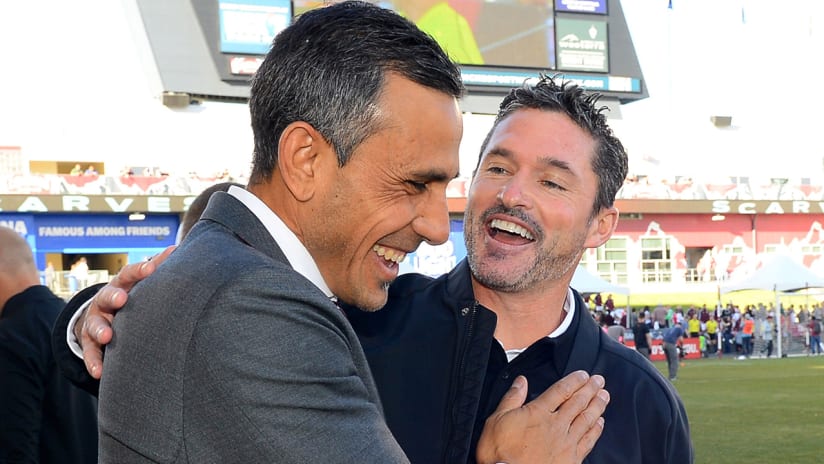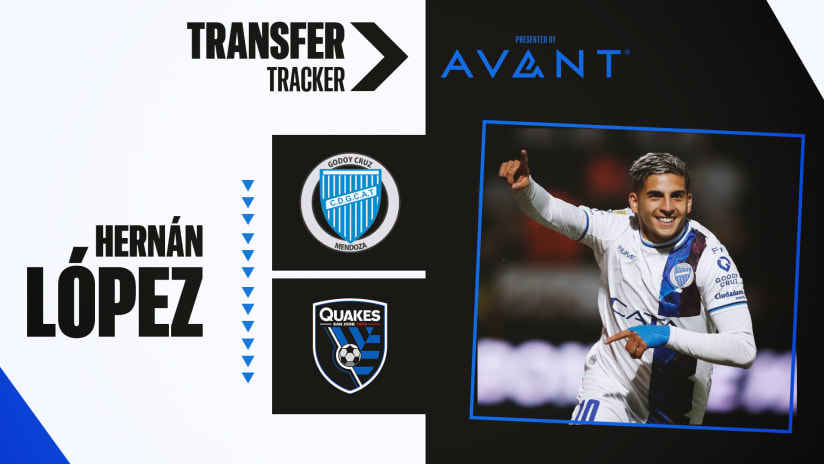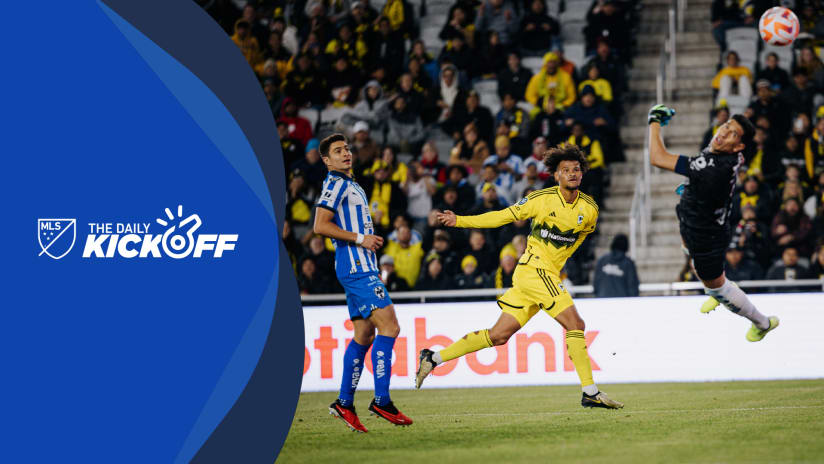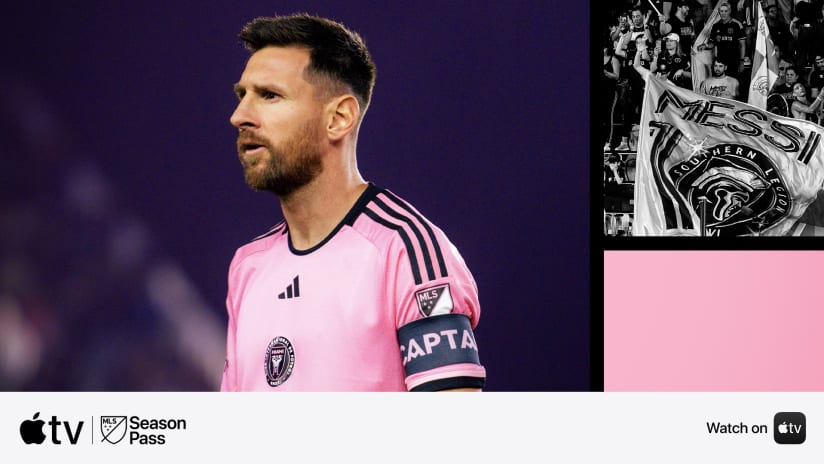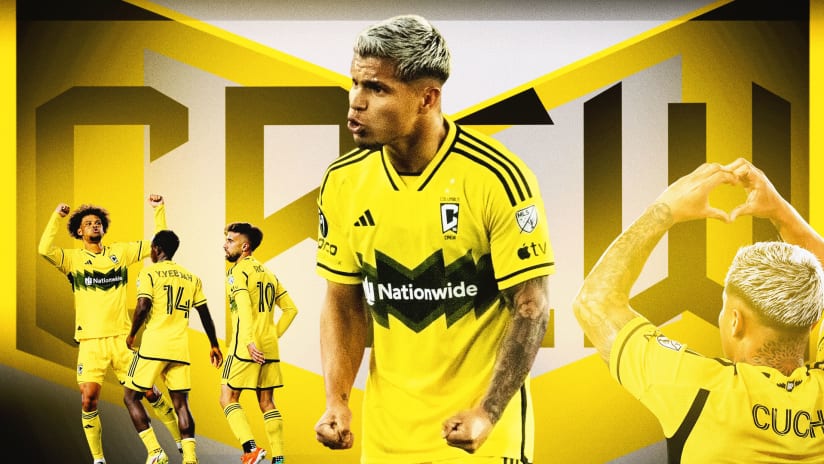Quick, name the head coaches in North American pro sports you’d consider to be virtually bulletproof. Gregg Popovich, Bill Belichick, Steve Kerr, Joel Quenneville … maybe “Tuca” Ferretti, if you’re clever.
It’s not a long list, is it? Sports is a results-oriented, big-money business, a “what-have-you-done-for-me-lately” club.
But if you’re making that list, you’d have to include Peter Vermes. Yes, that Peter Vermes. The Jersey guy who turned a once-pathetic Kansas City team into one of the most successful MLS clubs of all time. With four major trophies (and counting), more than 100 regular-season victories and a near certainty of a seventh consecutive playoff appearance, Vermes has quietly placed himself in the pantheon of the winningest coaches in league history.
And when you talk about longevity, Vermes is the king. His run of close to nine seasons is the longest of any MLS head coach currently in charge (and historically puts him behind only Dom Kinnear's 14 seasons in San Jose/Houston and Steve Nicol's decade-long run in New England).
Taking the long view
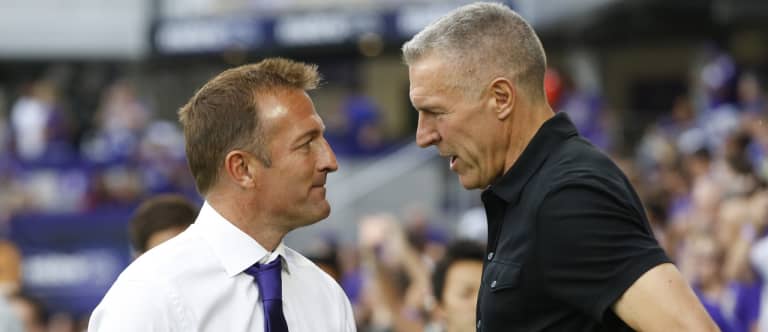
Vermes is also a tone-setter for a league that has inconspicuously made itself a hotbed for standing by a coach and letting him do the job. The average lifespan of an MLS coach is currently 2.6 seasons (according to crack MLS record-keeper Rick Lawes). That’s an eternity compared to some of the top leagues around the world.
A 2014 study by Mexican publication El Economista found MLS beat out nine other top leagues around the world for manager longevity, including the Premier League, La Liga, the Bundesliga, Serie A and Liga MX. (And let’s take a quick second to spare a thought for head coaches in Brazil’s top flight, who last an inconceivable 0.4 seasons on average!)
Even in this bloodbath of a season for head coaches, MLS currently has 11 gaffers who have been at the helm for longer than that 2.6-season average.
But perhaps more tellingly, Vermes is a shining example for giving the benefit of the doubt to a first-time coach. Both he and Jason Kreis (during his time at Real Salt Lake) are the poster children for the three-year turnaround. That is, give your first-time coach a shot at figuring out his place on the sideline, let him take his lumps while building his own culture, and have faith that by that magical third season, your team will make some noise in the playoffs and perhaps win a trophy – and be on the path to contending on a regular basis.
Neither Vermes nor Kreis did anything spectacular during their first couple years on the job; progress could only be measured in inches. Sporting KC and RSL management easily could have decided to jettison their men during those lean times. But they didn’t. And by their third seasons in charge, both Vermes and Kreis had put silverware in the trophy case and completely transformed their respective clubs’ culture into that of a perennial contender.
When patience pays off
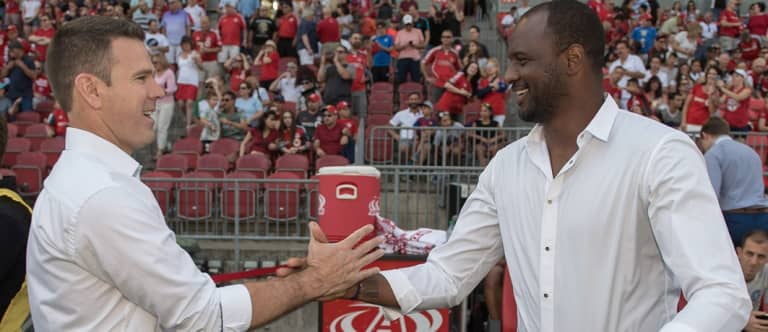
That formula rings true today. Take a look at the current standings, and you’ll find teams on top of both conferences with first-time head coaches: Greg Vanney in Toronto and Carl Robinson in Vancouver. And much like Vermes and Kreis, both men suffered through some very dicey experiences in leading their new teams and they eventually led to calls from everywhere for their removals.
The doubters were there for Vanney from the day he inherited the Toronto FC job toward the end of the 2014 season, becoming the club's ninth head coach in the eight seasons of its existence.
Vanney seemed a strange choice for head coach, dealing mostly in the MLS academy structure with zero experience in managing Designated Player-sized egos. Although Vanney guided the Reds to their first-ever playoff appearance the following season, an embarrassing flameout at Montreal in the Knockout Round brought out the old demons and had the doubters voicing concerns all over again.
The club considered replacing him – coincidentally enough with Kreis, who was available after being fired by NYCFC – but ultimately gave him the space to stay the course. Last season saw Toronto reach MLS Cup for the first time, a finish that earned Vanney a contract extension. This year, the Reds won their first Supporters’ Shield and have the inside track to a potential return date for the championship match.
In Vancouver, Robinson proved many doubters wrong ahead of schedule during his first two seasons, leading the ’Caps to two straight playoff appearances, their first Canadian Championship and their first berth in the CONCACAF Champions League. Not bad for a guy who was a distant second choice to Bob Bradley.
Last year, Robinson & Co. fell back to earth with an eighth-place finish in the Western Conference, including a brutal midsummer eight-game winless streak in which they were held scoreless six times. The knives came out from some portions of the fan base. And yet the club had no intention of making a change.
For first-time head coaches finding their way, that approach is essential, Whitecaps president Bobby Lenarduzzi explains to MLSsoccer.com.
“The times when you struggle, that’s when you find out if you're going to last in the game or not,” he says. “But [backing your man] is required. If a coach has any doubt that you’re losing confidence in him, that’s going to affect him. And it’s a necessity to give an inexperienced coach that confidence.”
The Whitecaps did just that and now they are reaping the benefits: They sit atop the Western Conference under Robinson, who is easily the club's longest-tenured MLS head coach.
Head coaches: Hired to be fired
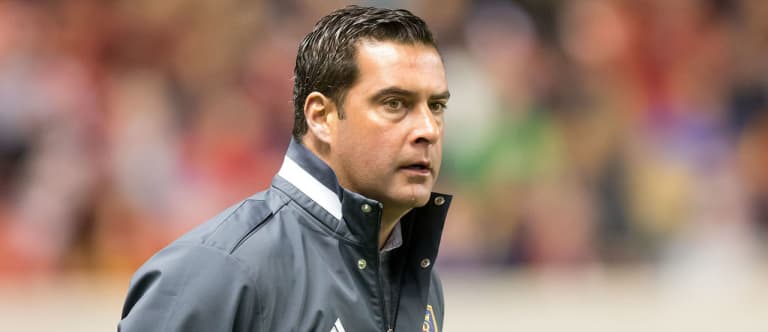
For as nurturing a league as MLS can be, patience isn’t indefinite.
The first-timers’ club lost a few from their ranks this year as Jeff Cassar (Dec. 2013 to March 2017), Pablo Mastroeni (March 2014 to Aug. 2017) and Jay Heaps (Nov. 2011 to Sept. 2017) all were all let go in midseason. Each was given at least three years to work and they experienced some limited success during their respective tenures, but none were able to consummate them with a title.
And as we head toward the offseason, you can bet the seats are getting warmer for guys like Montreal's Mauro Biello (head coach since Aug. 2015) and Philadelphia's Jim Curtin (head coach since June 2014).
But as a new trend emerges in MLS – that of foreign coaches coming into the league and actually succeeding for the first time – so is the likelihood that a former player can step in and do just as well. All he needs is space and time.
That is, if you can manage to keep the faith for about 2.6 years or so.

